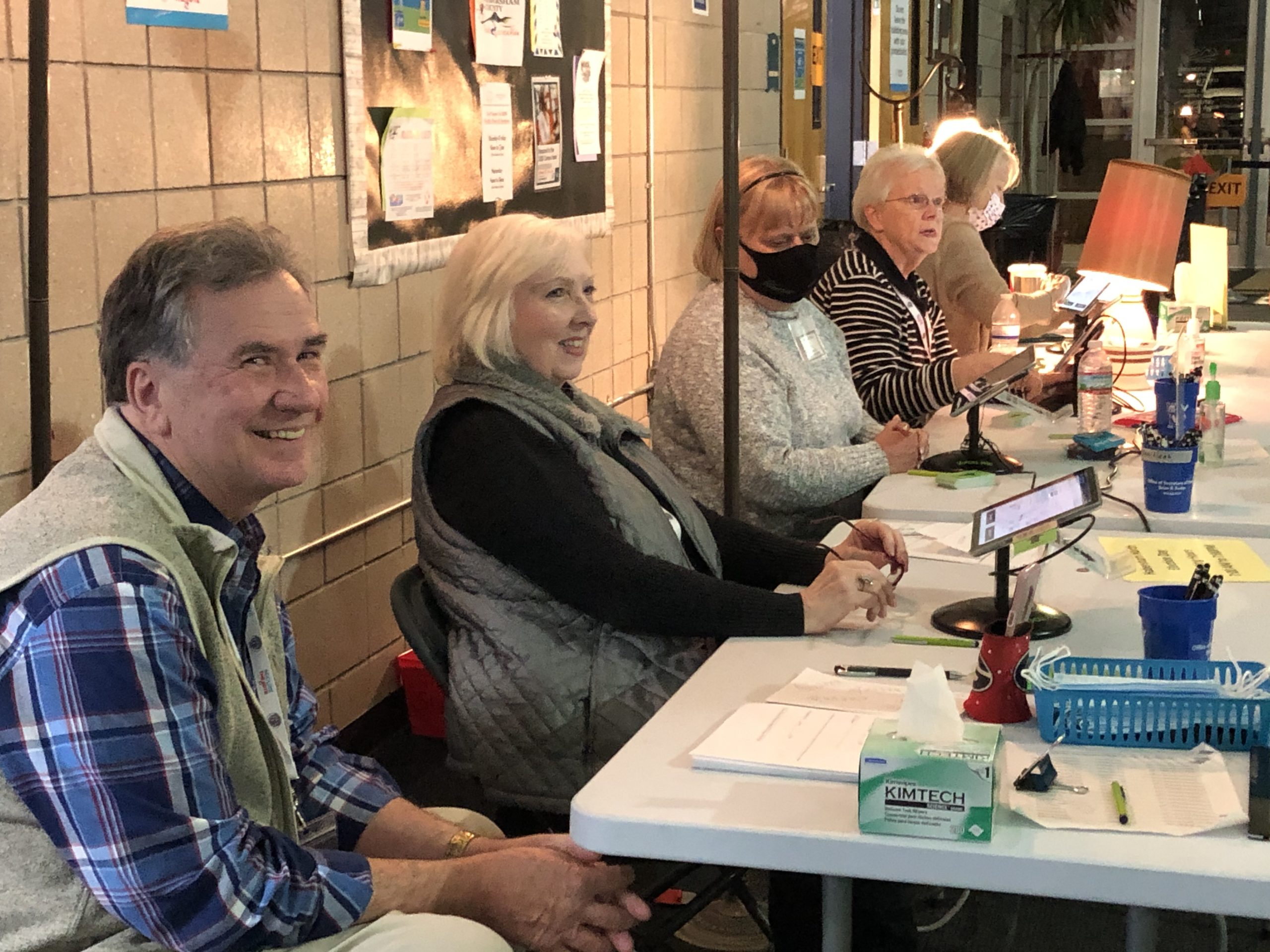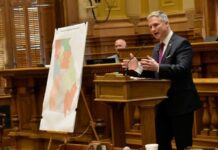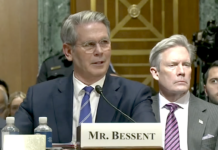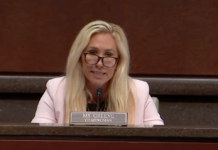
Georgians braced for long lines on the final day of voting after record-setting turnout during the three weeks leading up to Election Day and as the state’s top election official predicted about 2 million voters could flood the polls Tuesday.
That anticipated crush of voters raised the specter of a chaotic June 9 primary and a rocky first day of early voting last month that left voters standing in line for hours.

But instead, Election Day turnout fell short of predictions – although by how much remains to be seen – even as Georgia cemented its national status as a battleground state. More than 3.9 million people cast a ballot through early voting or by absentee ballot before Tuesday.
Georgia ended the night caught in the middle of President Donald Trump and Democratic presidential candidate Joe Biden’s race to 270 electoral votes, with the contest still too close to call early Wednesday morning. Both candidates commented on Georgia’s status in early morning remarks to supporters.
Biden said “we’re still in the game in Georgia, although that’s not one we expected.” Trump, meanwhile, expressed frustration over the state’s pending status, saying it was “clear that we have won Georgia.” As of 2:40 a.m., Trump had 50.65% of the vote and held a narrow 118,000-vote lead with Democratic leaning metro Atlanta counties still processing ballots.
“They’re never going to catch us. They can’t catch us,” Trump said.
As of 9 a.m. Wednesday morning, Trump’s lead in Georgia had narrowed to about 102,000 votes.
A few technical snafus in some counties, including all eight precincts in Spalding about an hour south of Atlanta, did cause some delays and forced polling places to stay open beyond the usual 7 p.m. cutoff. And a busted pipe at State Farm Arena in Atlanta delayed some vote tallying in the state’s largest county.
For the most part, though, voters across the state breezed through precincts. The secretary of state’s office reported average wait times of mere minutes across Georgia, although there were longer average wait times in areas of metro Atlanta.

At times Tuesday afternoon, it seemed like there were more people handing out directions and goodies to voters than actual voters at places like Austell’s Collar Community Center in Cobb County.
The scene was vastly different from the June 9 primary, when voters lined up around the building following technical troubles with ballot machines.
Sharon Moore, a member of Zeta Phi Beta who was on hand to offer treats, said her group wanted to avoid a repeat of the primary.
“That’s why we came here,” Moore said Tuesday. “We didn’t want to see anybody out here in the cold for hours without anything to eat or drink.

The same was true for neighboring Fulton County’s Fanplex near downtown. The volunteers handing out water and snacks outnumbered the trickle of voters walking up to the precinct.
It was like that since Henry Fumbah arrived at 6 a.m. The finance analyst was part of a small contingent staffing a tent sponsored by Boston Consulting Group. They were on hand Tuesday to help weary and hungry voters, prepared for long, slow-moving lines like the ones that wrapped around the corner of Hank Aaron Drive in June.

“Today was great,” Fumbah said. “Lines were a lot less than what we expected. But we’re just glad to come as a firm and just do our part, encourage people to vote and we just hope for the good of the nation in the future.”
Contrast that with the frustrating experience some Fanplex voters endured in June. Voters, like Summerville’s Nathanial Smith, suggested then that the long lines were a deliberate attempt by election officials to discourage minorities who live nearby from voting.
“No more than 20 people at a time,” Fumbah said. “So, we just went through the line asking people if they wanted doughnuts and coffee.”
Still too soon to call
The lower-than-expected Tuesday turnout capped an election disrupted by a pandemic and intensified by social unrest that prompted some Atlanta businesses to preemptively board up their windows in case of post-election rioting. A record number of people turned to absentee ballots to avoid potential exposure to the virus at polling places.
On top of that, this year’s election saw the full rollout of Georgia’s new $104 million election equipment, leading to the confusion and human error that plagued the June primary.
But after all that, it may still be a little longer before some of Georgia’s closest races can be called.

The stakes, though, could not be clearer. The final week of campaigning brought President Donald Trump and Democratic presidential candidate Joe Biden and his running mate Kamala Harris to Georgia. A steady stream of surrogates traveled through the state over the last few weeks, as the two parties battled for the Peach State’s 16 electoral votes.
The rare appearance of two U.S. Senate contests on the ballot as GOP control of the chamber appeared threatened further sharpened the national focus on Georgia.
Polling indicated the two races were close heading into Tuesday, as Republican Sen. David Perdue fought off a challenge from Jon Ossoff. Democrat Raphael Warnock claimed a runoff spot after U.S Rep. Doug Collins conceded his race against Sen. Kelly Loeffler for a January runoff.
And then there was the Democratic push to pull off an upset by flipping 16 state House seats, putting the chamber in their hands for the first time in 15 years. As of early Wednesday morning, it looked like Republicans would maintain control of the chamber.
This article appears in partnership with Georgia Recorder







